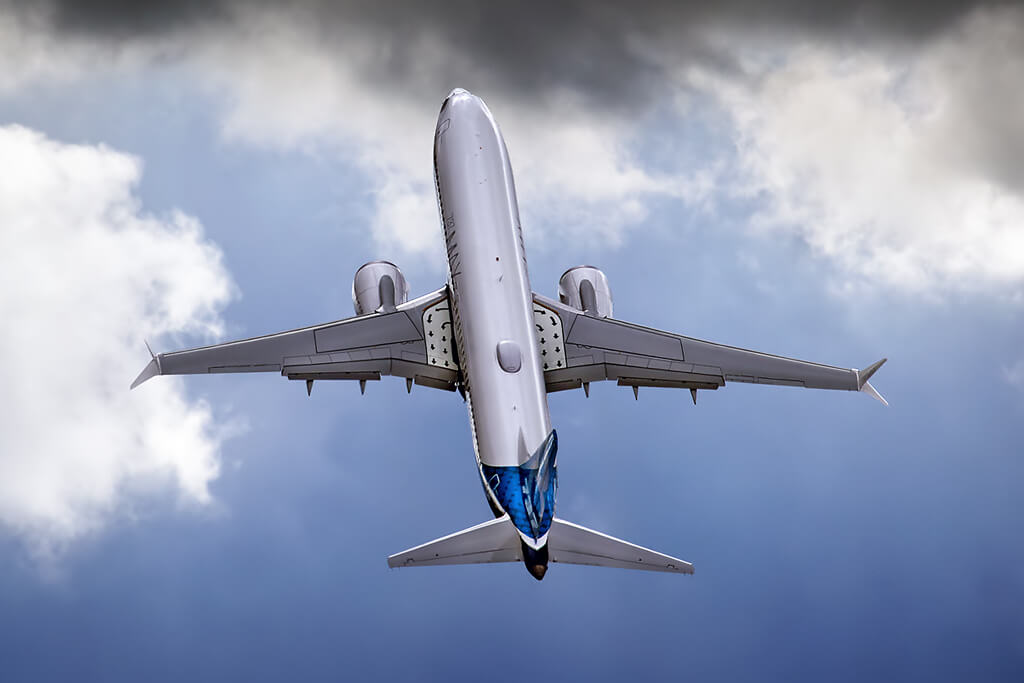The European Union Aviation Safety Agency sent a list of five changes to be made for the Boeing 737 MAX to fly again in the European skies. While most of the corrections align with FAA’s recommendations, one of them related to the autopilot might have never been raised before.
Boeing is currently working to fix the Maneuvering Characteristics Augmentation System (MCAS). But another element of the aircraft has come under the attention of European regulators. The EASA fears that the autopilot does not always disengage properly in certain emergency situations requiring the crew to take over the aircraft, sources close to the investigation told Bloomberg, adding that pilots may not have time to prevent the plane from stalling.
A change to the autopilot could potentially further delay the re-entry of the Boeing 737 MAX into the market. On June 26, 2019, Boeing announced it was working on an additional flaw to the MCAS software found by the FAA. “Boeing agrees with the FAA’s decision and request, and is working on the required software,” the manufacturer said in a statement, adding “addressing this condition will reduce pilot workload by accounting for a potential source of uncommanded stabilizer motion”.
This new detail illustrates how operators from around the world may have to wait even longer than their U.S. counterparts, as the main regulators (European Union Aviation Safety Agency, Transport Canada…) have all announced their decisions to conduct individual reviews of the Boeing 737 MAX update. An individual regulator may come up with a specific requirements that the manufacturer will have to fulfill if it wants its plane to operate again globally.
The situation could not only damage Boeing’s relationship with the 737 MAX operators, but also the credibility of the FAA. The latter has repeatedly called for a resumption of the former situation of reciprocity where its judgment would be taken at face value by other regulators. “If [the other regulators] could lift the ban shortly after us, I think it would be good for the public’s trust,” said Dan Elwell, acting chief of the FAA during a meeting between the main civil aviation regulators on May 23, 2019.
But their call remains unanswered, and the EASA is now proceeding with its own investigation. A month ago, during the International Aviation Safety Conference in Cologne, EASA Director Patrick Ky reportedly said that the agency was considering additional flight simulator training for 737 MAX pilots, as well as possible design changes, as a requirement for the aircraft to operate again in the European airspace.

